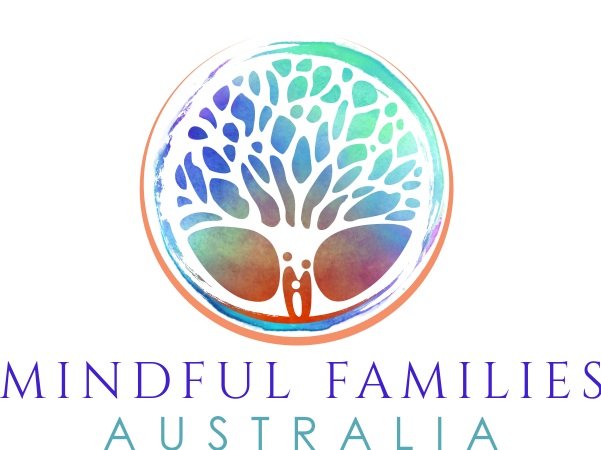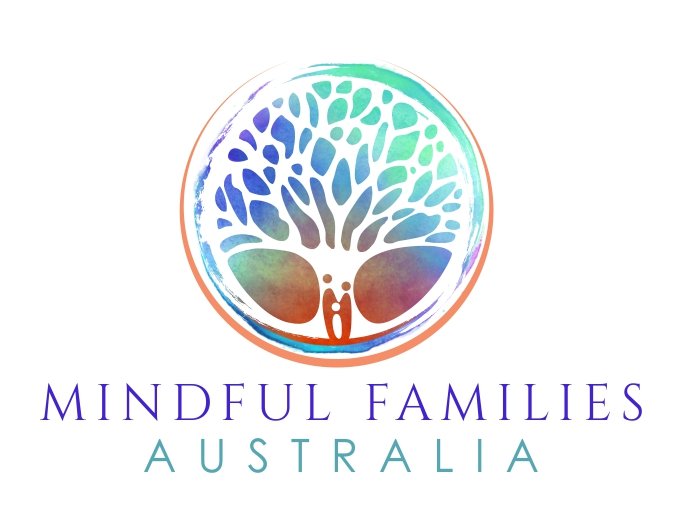Journey through Life Transitions: Embracing Impermanence and Interconnectedness
Photo by Saad Chaudhry on Unsplash
The contours of life are deeply etched by constant change and transformation and transitions are an integral part of life and underline the beauty of human existence. In their seminal work, Betty Carter and Monica McGoldrick described this journey through their model of Family Life Cycles. This model encapsulates various stages of human life and outlined in the following stages:
Independence from our family of origin
Merging our life with others in a committed relationship or partnerships
Adapting to parenthood and raising children
Managing the home and family responsibilities as children grow
Launching adult children into their independent lives
Adjusting to the quietude of life as an empty-nester and moving towards the twilight years
Navigating these life-stage transitions, essential to the rhythm of life, can often evoke a spectrum of emotions, from apprehension and uncertainty to outright resistance.
Moving through these stages is not always easy. Moments of transition can incite fear, uncertainty, and resistance within us. Recognizing the inevitability of change is a cornerstone of Buddhist psychology, epitomized in the concept of impermanence.
Impermanence is more than a Buddhist concept; it's an inherent reality of life. Everything around us, everything we know and hold dear, including ourselves, is of the nature to change. Renowned Zen Master, teacher and author, Thich Nhat Hanh, often emphasized the importance of embracing and celebrating change, as it allows us to understand the true nature of existence and aids in alleviating suffering. From this place, impermanence need not be seen as an existential fear-inducing reality but as an indispensable key to liberation.
Realising the transient nature of each stage in the Family Life Cycle and embracing these processes can render us open to accepting and even celebrating each transition as part of life's beautiful dance of change. Carter and McGoldrick's Family Life Cycles give a blueprint for these shifting realities, a recognition of our journey through several stages of life. Instead of resisting change, we can accept it as a vital part of life and transform our experience into one of growth.
Moreover, we must remember that this journey through the cyclical stages of family life, as depicted in Carter and McGoldrick's model, is not a voyage embarked upon in isolation. On the contrary, it's all about our connections with others, and ultimately a shared pilgrimage of humankind. The teachings of Ram Dass reflected this sentiment of unity and connectedness and were echoed in his words: "We're all just walking each other home" — this poignant statement underlines our shared journey through the cycle of life. Our experiences and transitions are not solitary; they are reflections of the collective human experience. As we tread through various stages of life, the realisation of our inherent interconnectedness can alleviate feelings of solitude and provide a comforting reminder of our shared human experience.
In the ebb and flow of these transitions, Pema Chödrön's teachings also resonate with the need for compassionate acceptance. Fluctuating emotions, rather than being shunned or restrained, present opportunities for emotional growth. As waves of emotions rise within us, they provide key opportunities to practice loving acceptance. Rather than fleeing these feelings or bracing against them, we can welcome them with gentleness, fostering an internal environment of understanding and resilience. We learn to welcome them with a soft, compassionate embrace, fostering an internal resilience that aids us through each stage of life's cycle.
Three strategies to mindfully navigate the life cycle transitions include:
Practicing Present Moment Awareness: Being fully present in the moment anchors us amidst life's inevitable changes. This can be fostered through simple mindfulness practices such as mindful breathing, where we focus our attention on the breath flowing in and out, acting as a grounding anchor.
Cultivating Self-Compassion: Accepting strong emotions with kindness allows for greater resilience during transitions. When emotions surge, rather than resisting, we can acknowledge them gently and provide ourselves with the same compassion we would extend to a dear friend.
Embodying Lovingkindness or Metta Practice: The application of lovingkindness starts from oneself and then extends it to others, fostering a sense of connection and unity. Regularly practicing Metta meditation, where we silently repeat phrases of goodwill towards ourselves and others, can nurture a compassionate heart.
In essence, with interdependence, mindfulness, and compassionate acceptance as our guiding principles, we can transform life's transitions from daunting uncertainties into enriching junctions of growth, deep understanding, and profound interconnection.


